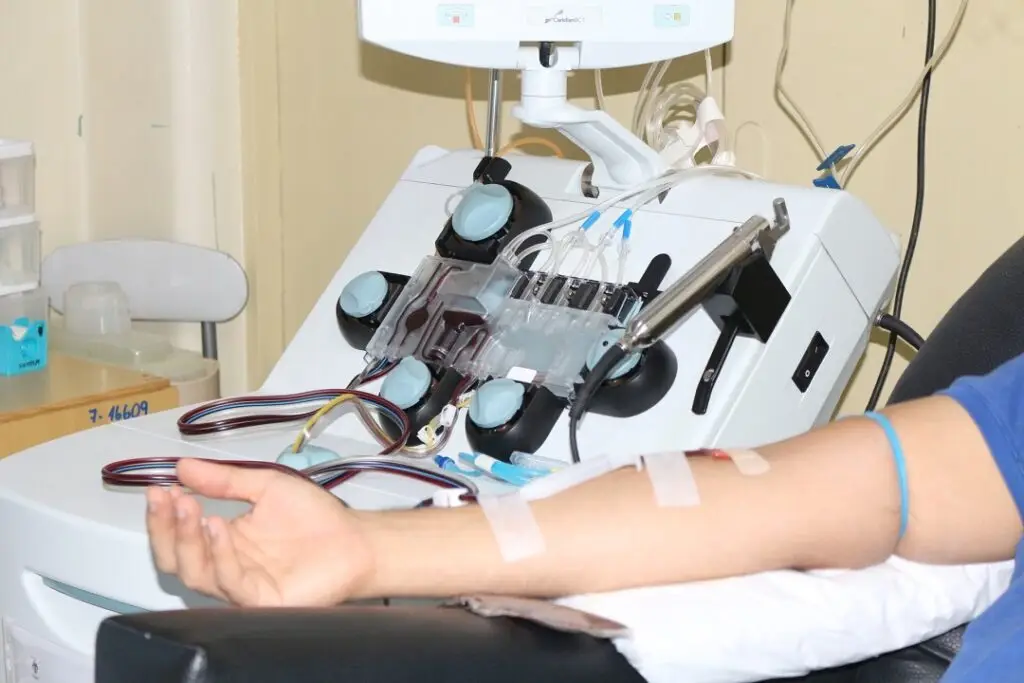When it comes to advanced renal and blood treatments, one powerful yet often misunderstood therapy is apheresis. At Mobil Dialysis, we provide this lifesaving procedure, offering patients and hospitals efficient, expert care in critical moments. But what exactly is apheresis, and when is it used?
What Is Apheresis?
Apheresis is a medical procedure that involves removing blood from a patient, separating out one specific component (like plasma, red blood cells, or white blood cells), and returning the rest of the blood back into the body. Think of it like filtering your blood to remove something harmful or replace something that’s missing.
There are several types of apheresis, including:
- Plasmapheresis (Therapeutic Plasma Exchange): Removes and replaces plasma to treat autoimmune and blood disorders.
- Red Blood Cell Exchange: Replaces abnormal red blood cells, often used in sickle cell disease.
- Leukapheresis: Removes excess white blood cells in cases like leukemia.
- Plateletpheresis: Reduces high platelet counts in certain blood disorders.
Why and When Is Apheresis Needed?
Apheresis is typically used when conventional treatments aren’t enough or when a rapid response is necessary. Some of the most common reasons include:
Autoimmune Diseases
In conditions like Guillain-Barré syndrome, myasthenia gravis, or lupus, the immune system attacks healthy tissues. Plasmapheresis helps by removing the autoantibodies from the bloodstream.
Blood Disorders
Patients with sickle cell anemia may undergo red blood cell exchange to replace sickled cells with healthy ones, reducing pain episodes and preventing organ damage.
Neurological Conditions
For patients with multiple sclerosis or chronic inflammatory demyelinating polyneuropathy (CIDP), apheresis can reduce inflammation and improve nerve function.
Cancer and Oncology Support
In some blood cancers, like leukemia, leukapheresis may be used to rapidly reduce the number of white blood cells before initiating chemotherapy.
Organ Transplant Preparation
Apheresis can help prepare patients for transplants by reducing antibodies that might otherwise cause rejection.
Mobil Dialysis: Bringing Apheresis to You
What makes Mobil Dialysis unique is that we don’t just offer apheresis, we bring it to the patient. Whether in a hospital, rehabilitation facility, or even a correctional institution, our highly trained nurses and technicians provide apheresis safely and efficiently with minimal disruption to the patient’s routine.
We also handle everything from equipment to supplies, and our staff is trained to work seamlessly alongside existing medical teams, ensuring top-tier care with less stress on the facility.
Apheresis is a powerful tool in modern medicine, and at Mobil Dialysis, we’re proud to make it more accessible than ever. By delivering advanced therapies like therapeutic plasma exchange and red blood cell exchange directly to the point of care, we’re helping patients recover faster, feel better, and live fuller lives.





